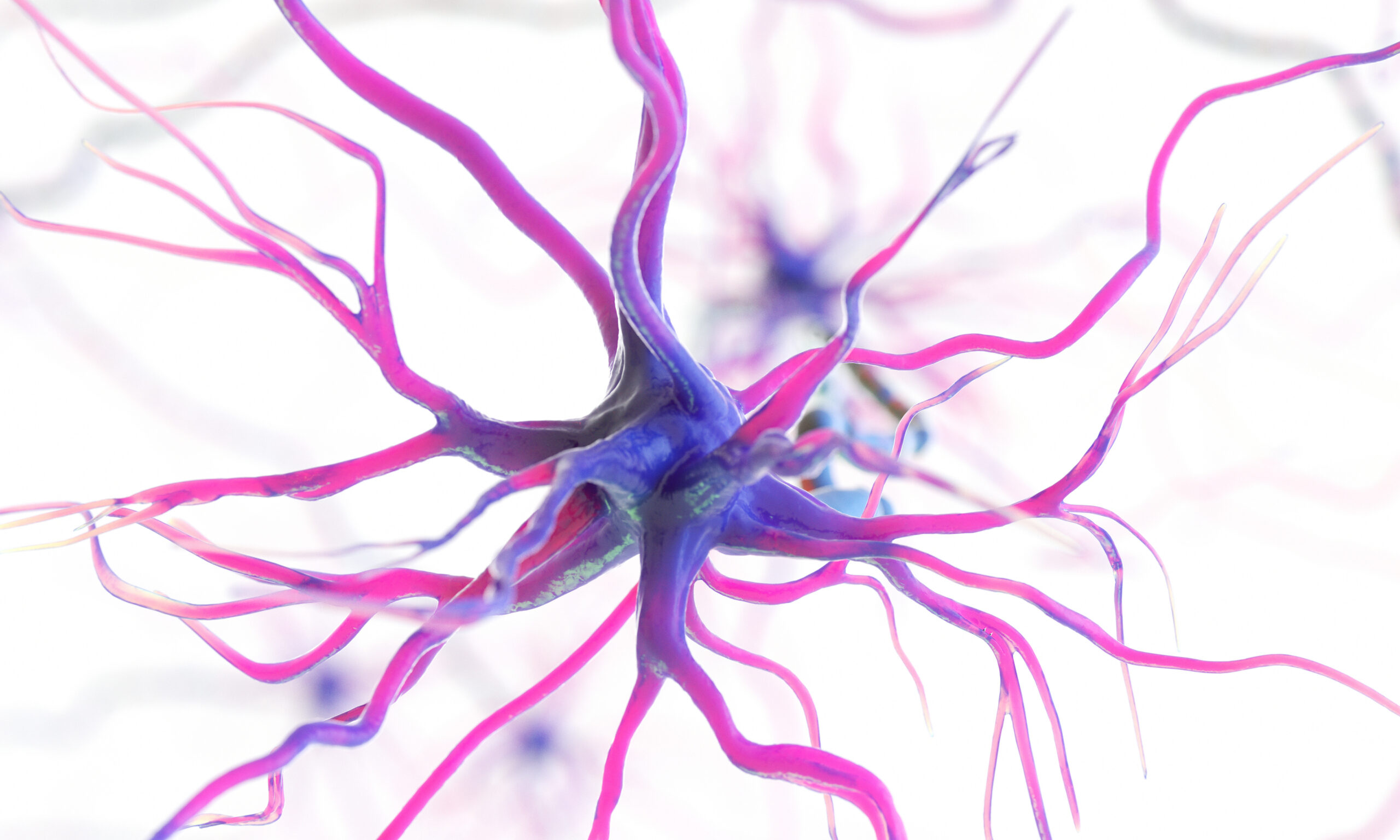Functional Neurological Disorders (FND)
Real symptoms arising from changes in nervous-system function rather than structural damage. With a clear, “positive” diagnosis and the right rehabilitation, many people make substantial improvements.
What is FND?
FND occurs when the brain’s control and processing of movement, sensation or awareness is disrupted. It is not imagined or feigned; symptoms are genuine and often reversible with targeted treatment.
Diagnosis is based on positive clinical signs (features we can see on examination) and, where needed, supportive tests—not simply “normal scans”.

Functional motor symptoms
Typical features: limb weakness or heaviness, tremor, jerky movements, foot dragging, knee buckling, or gait disturbance that varies with attention or improves briefly during certain manoeuvres (a positive sign).
Care plan: education about the diagnosis, FND-informed physiotherapy to retrain automatic movement, pacing and graded activity, strategies to reduce over-guarding and fear of movement, and occupational therapy for daily tasks and work.
Functional seizures (also called PNES)
Typical features: seizure-like episodes without the abnormal brain activity seen in epilepsy; may occur with stress, pain, hyperventilation, or out of the blue. Recovery can be rapid or prolonged.
Diagnosis: careful history (ideally with video), neurological examination and, when appropriate, video-EEG to distinguish from epileptic seizures.
Care plan: clear explanation, a personalised episode plan (breathing/grounding, safe positioning, by-stander guidance), and psychological therapies such as CBT-informed approaches; antiseizure medicines are not used for PNES unless epilepsy is also present. Driving and safety advice are provided in line with current UK guidance.
Functional sensory symptoms
Typical features: numbness, tingling or visual symptoms that don’t follow usual nerve or visual pathways; symptoms often fluctuate.
Care plan: sensory retraining (touch/temperature/vision tasks), physiotherapy and graded re-exposure to activities, with strategies to manage attention and anxiety that can amplify symptoms.
How Dr Francesco Manfredonia can help
-
Positive, transparent diagnosis based on examination findings and targeted tests (e.g., video-EEG where indicated).
-
Integrated rehabilitation plan: FND-informed physiotherapy and occupational therapy, psychology input, sleep and fatigue strategies, and a written self-management toolkit.
-
Joined-up care & follow-up: coordination with your GP, workplace or school, and clear review points to track progress and adjust the plan.
-
Co-existing conditions addressed: migraine, pain, sleep problems, anxiety/depression or epilepsy are treated alongside FND when present.
Urgent advice: if there is a new severe headache, high fever, a first-ever seizure, injury, or breathing difficulty during an event, call 999.
FAQ
Are my symptoms “all in my head”?
No. FND reflects a functional problem in how the nervous system operates, not a lack of willpower. The symptoms are real and common.
Will I need more scans?
Only if results will change management. FND is diagnosed positively; repeated normal tests are rarely helpful once the diagnosis is clear.
Can FND and another neurological condition co-exist?
Yes. FND can occur alongside migraine, epilepsy, MS and others. Each condition is treated on its merits.
Do medicines help?
There’s no single drug for FND. Medication may help co-morbid symptoms (pain, migraine, sleep or mood). PNES does not respond to antiseizure drugs unless epilepsy is also present.
Why do symptoms fluctuate?
Attention, stress, fatigue, pain and context can modulate symptoms. Therapy targets these mechanisms and builds automatic, resilient movement and sensation.
Can I drive if I have PNES?
This depends on episode type and frequency. You’ll receive advice in line with current UK rules on fitness to drive.
What can I do during an episode?
Use your written plan: breathing/grounding techniques, reduce over-breathing, safe posture, limit crowding/noise, and allow calm recovery. Seek urgent help if safety is at risk or the pattern changes.
What outcomes can I expect?
With diagnosis explained clearly and FND-specific rehabilitation, many people see meaningful improvement in function and quality of life.
BOOK YOUR CONSULTATION
Book a consultation with Dr Francesco Manfredonia (Dr FM) for clear diagnosis, compassionate care and a plan built around your life and goals.
